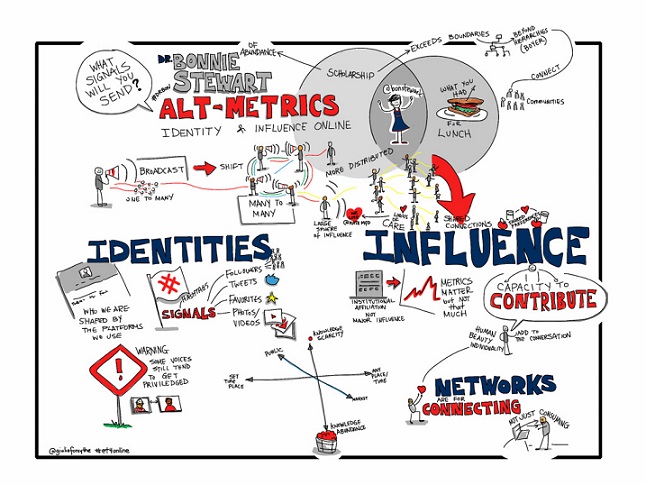User communities in product and service innovations have been identified as important sources of innovations. In user communities, users not only share their innovation-related knowledge but also develop it by giving and receiving feedback from other users. Companies such as IBM, Audi, Microsoft, BMW and Nokia are trying to include innovation-related knowledge of users through online user-communities.
The International Journal of Information Management will publish in the August 2016 edition an article (Hau & Kang, 2016) that reveals more insight in the role that lead users have in these online user-communities.
Lead users differentiate themselves from other users by two distinct characteristics: (1) they are ahead of the market trend and (2) they have high benefits from innovation. Being ahead of the market trend implies that lead users have up-to-date information and knowledge about major trends in products or services as well as about future needs of them in the market. High benefits from innovation means that lead users expect relatively high benefits from obtaining solutions for their dissatisfied needs with the products or services in the current market, which provides them with sufficient motivation for innovations.
It is important to consider that lead users are spending more time in the online community and therefore are able to build more social trust and community relationships which positively influences their knowledge sharing behavior. Spending more time in the community contributes to being ahead in the market but also in becoming an opinion leader who is more confident to share innovation-related knowledge.
Understanding the social dynamics in online communities is useful as they are becoming part of company strategies towards innovation. Lead users are important in online communities because they are ahead of the market and are motivated to find new solutions. However as lead users have a high benefit and have large social trust, this can also result in a certain bias. If this bias is helpful in the exploration than it is just fine, when it is excluding other ways exploration, the online discussion should be stimulated towards the open-innovation logic.
Literature
Hau, Y. S., & Kang, M. (2016). Extending lead user theory to users’ innovation-related knowledge sharing in the online user community: The mediating roles of social capital and perceived behavioral control. International Journal of Information Management, 36(4), 520-530.
Photo credit: giulia.forsythe via Foter.com / CC BY-NC-SA

